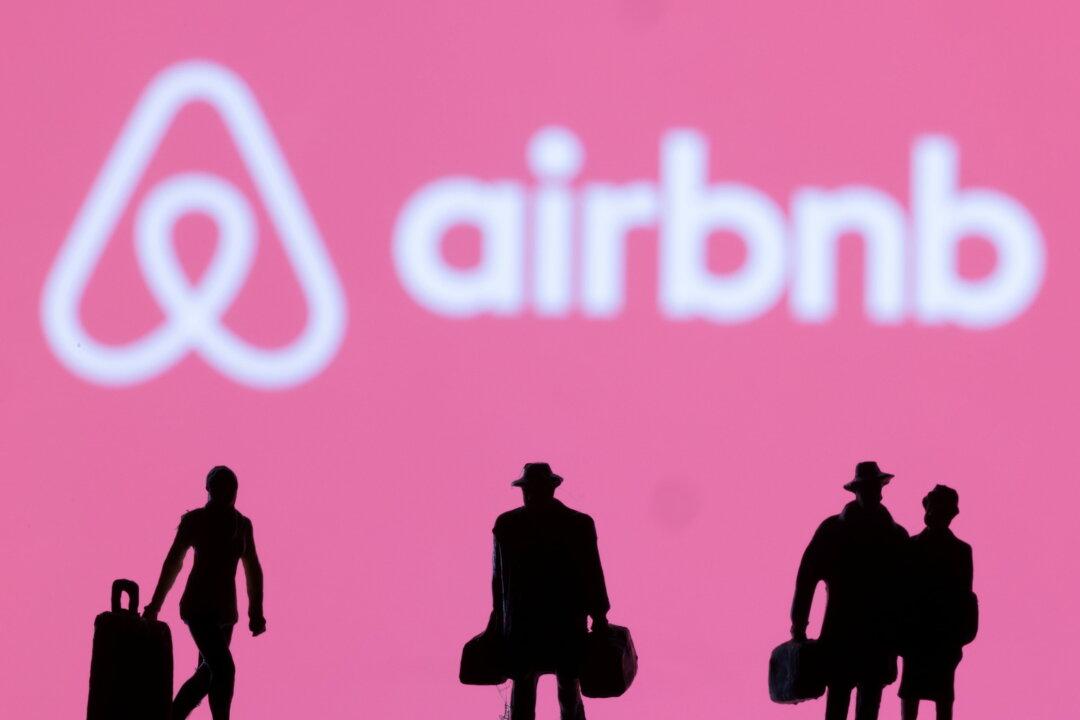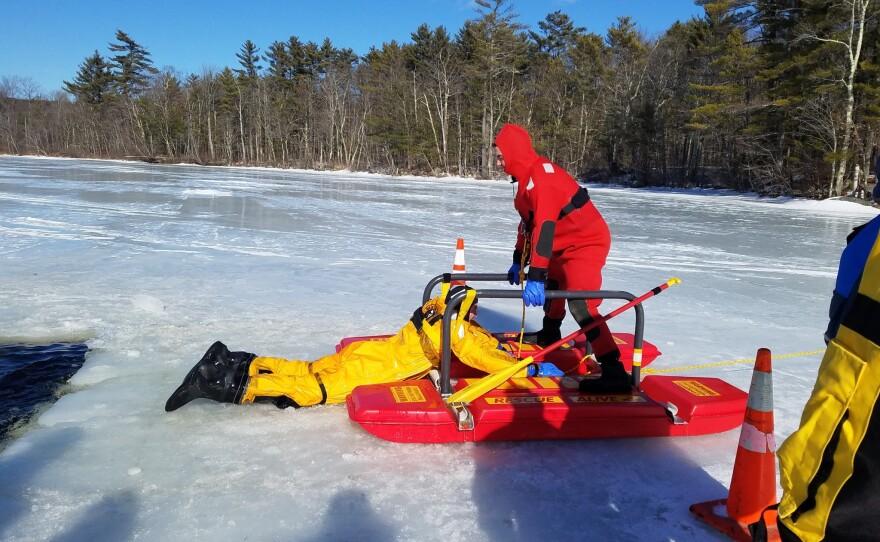Beginning Sept. 5, New York City will enforce new regulations that limit residents’ ability to rent out homes through short-term rental platforms like Airbnb.
The move is expected to cause a big drop in the number of listings from the platforms and potentially steer travelers toward hotels or New Jersey.




